Philadelphia Fusion is often called an emotional team. Their highs and lows follow their emotions. They play well when they’re feeling good, but when things go wrong, they go really wrong. It’s a storyline that’s played out throughout the Overwatch League’s inaugural season—the team’s been dotted with inconsistency throughout each stage. Is it Philly on a high, or Philly on a low? The Comcast Spectacor–owned team is coming into the Overwatch League finals riding a high; they ended stage four on a four-match hot streak, which carried them through the quarterfinals and semifinals.
As the sixth seed coming into the Overwatch League grand finals against London Spitfire, who turned up fifth, it’s more pressure than ever. Philadelphia’s shown that they ride hot streaks; it boosts team mood and impacts performance. But the team falls apart after a tough fight. Emotion takes over.
Related: Paris and Guangzhou will reportedly have OWL slots next season
“We’ve proven that [we’re an emotional team] throughout the inaugural season,” Josue “EQO” Corona told Dot Esports during the Overwatch League media day in Brooklyn, New York. “But I think at this point emotion can only get us so far.”
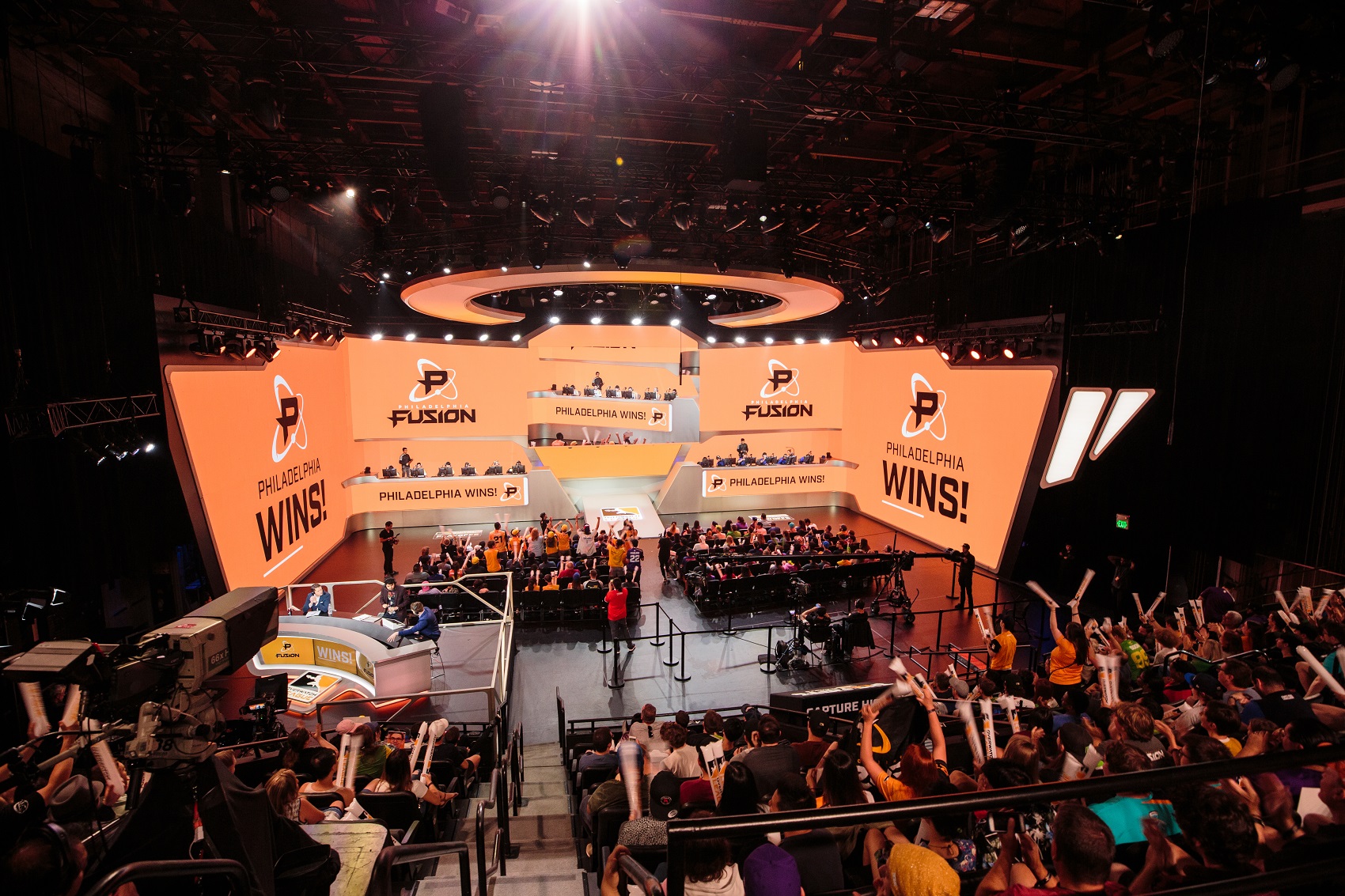
Being emotional isn’t a bad thing, but it’s the ups and downs that can hurt. Sports psychologist Jim Taylor outlines the impact of emotionality in sports in a Psychology Today piece called “Sports: The Power of Emotions.” He breaks emotion down into two pieces: emotional threat and emotional challenge. Emotional threats are the moments that keep players feeling discouraged—tilting. An emotional challenge is in relation to the enrichment of sport, taking excitement and harnessing it into experience. It’s facing challenges with nerve, but in a more excited, positive light.
Taylor points to a gymnast he coached that would get emotional during practice, beating herself up over small mistakes. Her emotion turns this tiny instance into a day of problems—it’s the definition of tilting in Overwatch, which is something Philadelphia often contends with.
“It’s hard not to be emotional when you’re as competitive as some of these guys,” Philadelphia Fusion head coach Yann Luu said. “They just really want to prove they’re the best. Sometimes we’ve suffered from that.”
That suffering was most evident when Philadelphia played against the Los Angeles Gladiators in the Overwatch League’s first stage. “We got reverse-swept by Gladiators in front of their crowd,” Luu said. “That got to our head.” The energy in Blizzard Arena Los Angeles was palpable; it’s hard to be the enemy in that environment.
Taylor wrote that emotional players don’t always attach the correct “punishment” to the “crime.” Something relatively inconsequential—like a particularly rough teamfight—can be the trigger for an extreme emotional response. The players end up under more stress than they need to be; failure is all they can think about. Luu said the team has learned a lesson from the Gladiators match in stage one, despite the team’s continued ups and downs over the inaugural season. (Philadelphia ended up in seventh place in stage one, third place in stage two, eighth place in stage three, and then sixth in stage four—a serious rollercoaster.) They may not be able to mitigate a raucous crowd, but if they can manage the tilting it causes, that works, too.
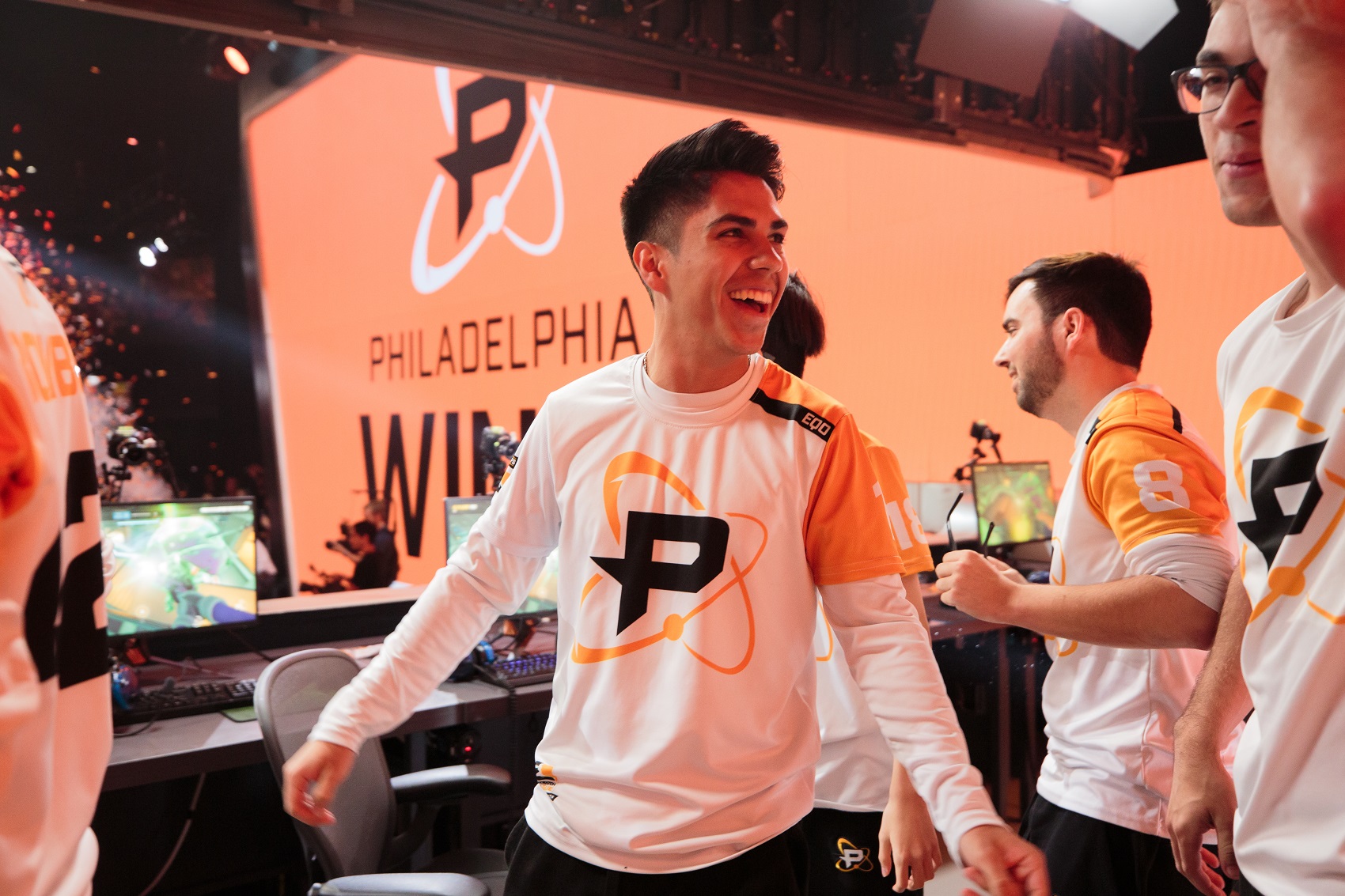
But the team’s attitude seems to reflect Luu’s statement. They want to have a new mentality, keeping the rolling positive emotions while ridding themselves of the emotional threats.
“When you get into a bad rut, it’s important to keep going and remember that it’s 40 games,” Simon “snillo” Ekström said. “Even if we lose or do badly one week, it’s alright. We just have to focus on improving.”
Gael “Poko” Gouzerch agreed. “It’s a marathon,” he said. “It’s in the long-term. One match doesn’t really matter.” He stopped himself. “Except in the playoffs.”
The team is reframing the narrative around a loss so that the emotion attached to it isn’t as devastating—a loss isn’t failure, it’s a learning moment—one that can be overcome, as Philadelphia showed fans in the Overwatch League’s playoffs. Psychology professor Marc V. Jones discusses the nature of reframing emotions in The Sports Psychologist’s “Controlling Emotions in Sport.” His example relates to a soccer player critiquing their own performance mid-match, upset with their goal-scoring. (They didn’t score.) Beyond scoring goals, the player, a striker, is valuable to their team in other ways.
Related: Philly Fusion owner inks deal with local amateur gaming network N3rd Street Gamers
Applying this to Overwatch and Philadelphia Fusion, it’s looking at their losses in a new way. Instead of letting a hard fight overwhelm their emotions, it’s trying to see what was done well, instead. It’s a way of giving a player permission to move on.
Philadelphia isn’t going to rely on their proclivity for emotional play in the grand finals—unless it’s riding the success from the playoffs. Instead, they’re focused on the preparations they’ve made to ensure success. Earlier in the season “we weren’t of the same mind,” EQO said. “We overcame that in the playoffs. It’s all in the past. We’re a better version of Fusion now.”
Philadelphia Fusion don’t think they’re the underdogs, really. (Snillo thinks they’re the better team, naturally.) But Overwatch pundits disagree. Many have pointed to London with the advantage. To win, Philadelphia needs to show up as the best version of themselves—the emotional challenge-driven team that thrives in the chaos of battle. Philadelphia is a scrappy team that can’t forgo emotion entirely, but no team can.
Emotion isn’t bad. Philadelphia just can’t become a victim of it if they’re to become the Overwatch League’s first champions.


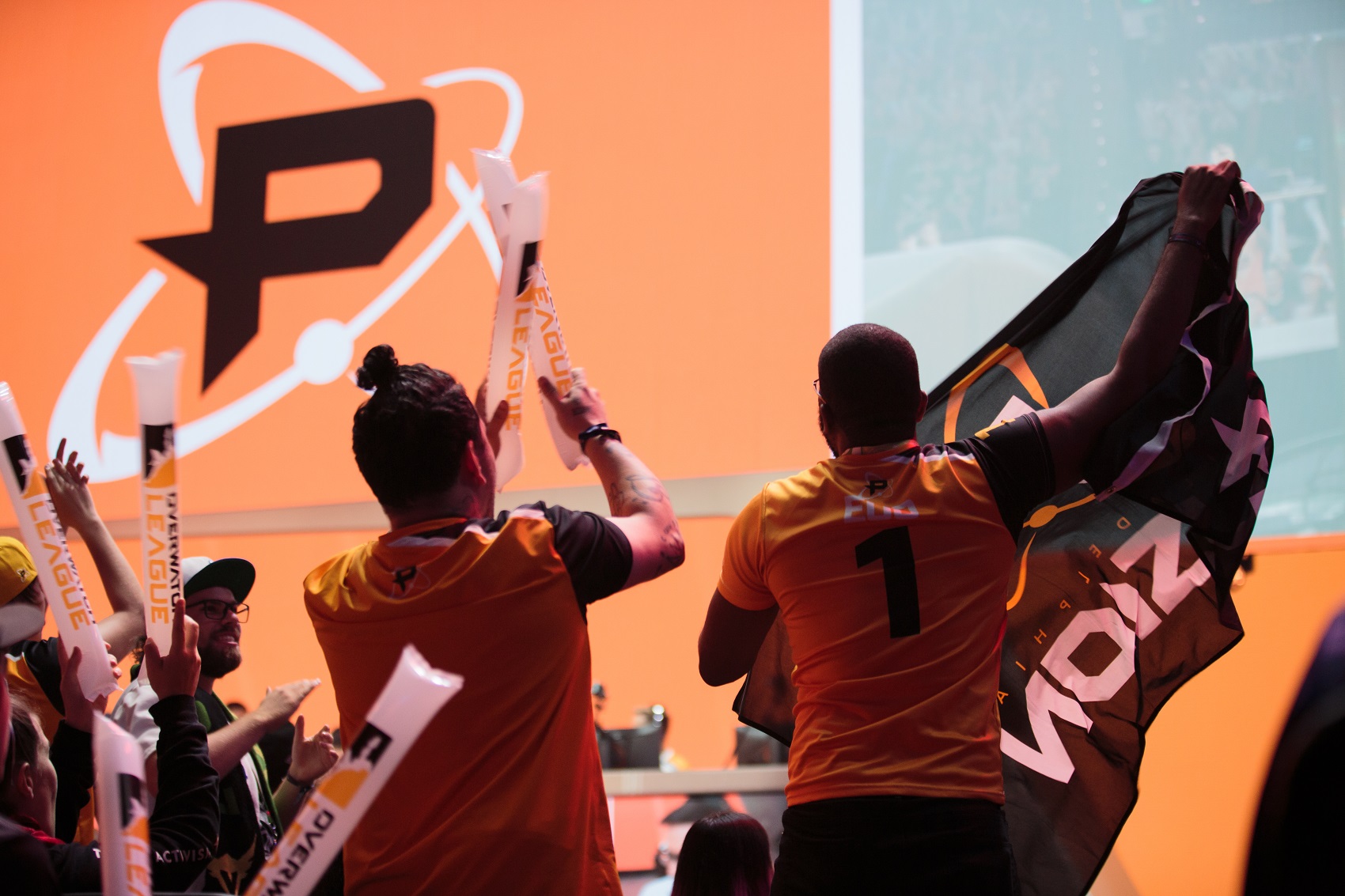
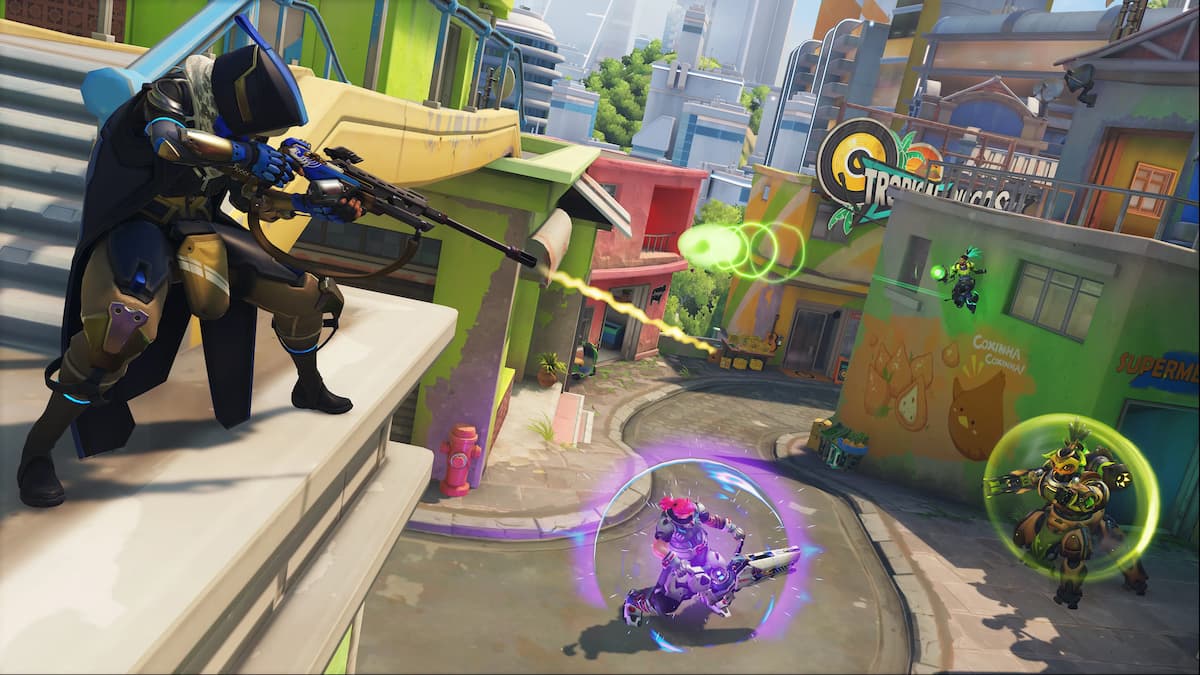
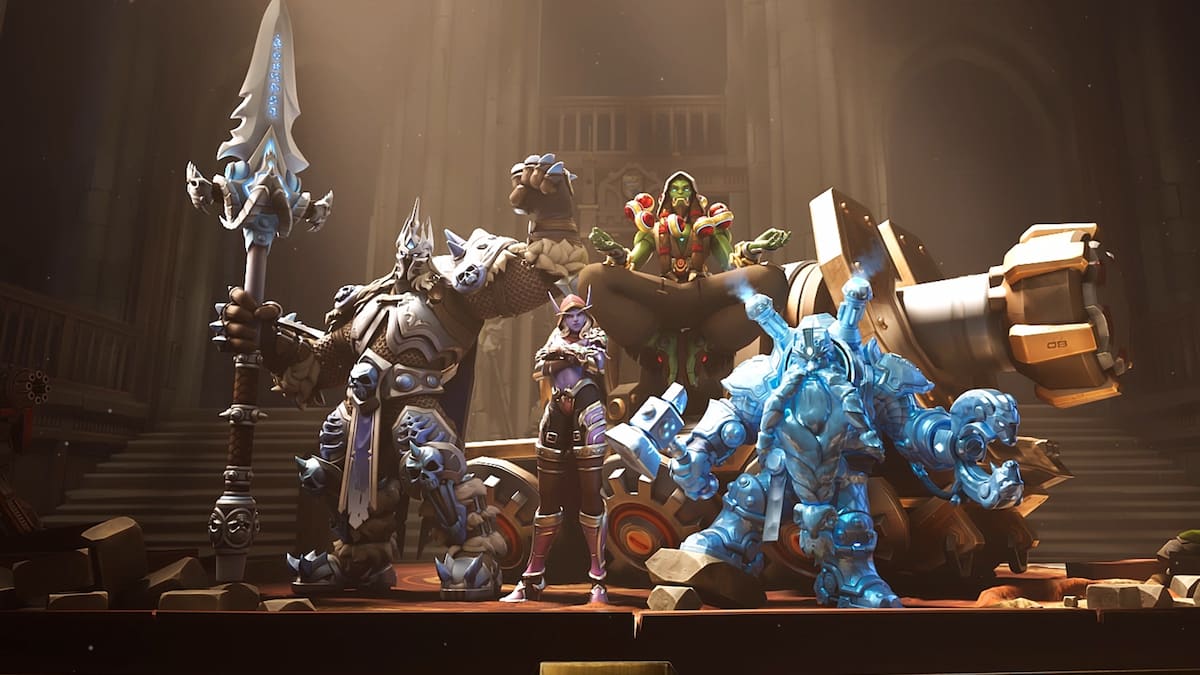
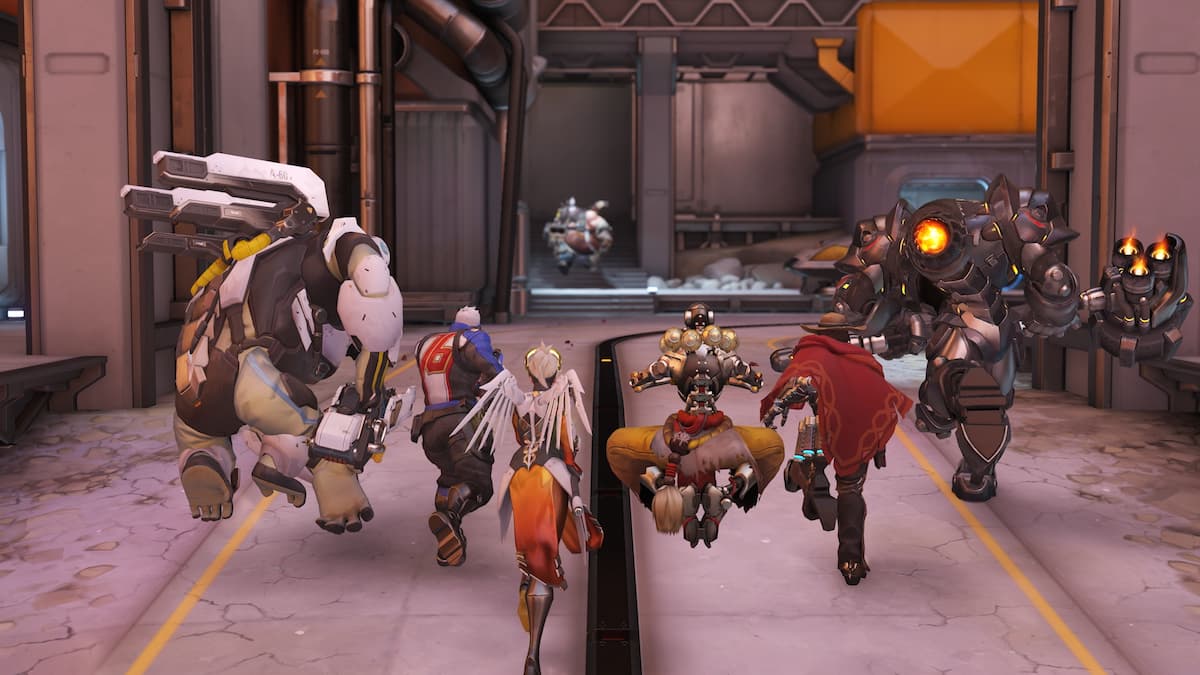
Published: Jul 27, 2018 03:35 pm